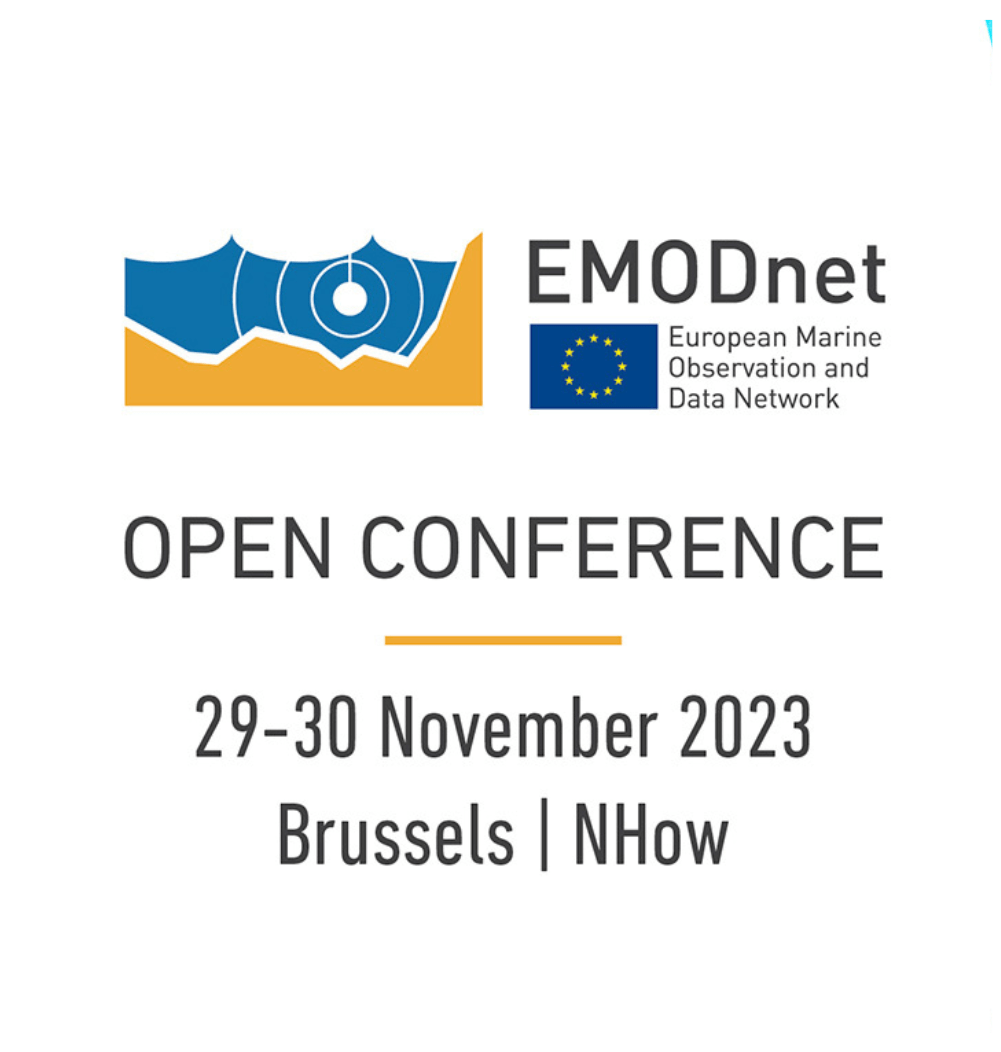EMODnet – Open Conference 2023
Home | Events | Marine Science | EMODnet – Open Conference 2023

Brussels, Belgium, 29-30 November 2023.
Over November 29 and 30, EMODnet experts from the full partnership will present the latest developments and innovations in EMODnet’s in situ marine data services, user-interface and infrastructure to meet user and policy needs for a digital and green future.
This will include EMODnet’s key role in the EU Digital Twin Ocean, including the creation of a common data lake between EMODnet and Copernicus Marine Service. It will also discuss how the EMODnet offer is evolving in terms of diversifying data collection e.g., citizen science, filling data gaps in existing parameters, resolution and geographical scope, expanding data parameters e.g., genomics, and increasing EMODnet’s offer of marine data and knowledge for societally relevant topics e.g., coastal vulnerability, sea level rise, biodiversity etc.
On 30 November at 9:00 – 10:30, LifeWatch ERIC‘s CEO, Christos Arvaniditis, will present “Current Landscape: Wider Data Infrastructures and Disruptive Technologies” during session 4 “EMODnet, Ocean Observation and the marine knowledge value chain”. Session 4 will showcase EMODnet’s key role within the marine knowledge value chain and EMODnet’s strong connection with the ocean observation and data collection community across Europe and beyond. The session will include a presentation on EMODnet Data Ingestion, dialogue on EMODnet’s key role as an in situ marine data aggregator, publisher and data product producer, and EMODnet’s partnership with Copernicus Marine Service and EuroGOOS via the Marine In Situ Coordination Group.
Data providers, collaborators and users across Europe and beyond will deliver testimonials on the crucial ways that EMODnet’s marine data, information and knowledge currently serves the marine and maritime community. This will include a spotlight on how EMODnet’s marine knowledge is used for regional sea-basin assessments and by Member States to implement EU policy e.g., MSFD, MSP in addition to EMODnet hosting National Maritime Spatial Plans.
EMODnet’s collaboration with the private sector will also be highlighted, showcasing how the Blue Economy depends upon EMODnet services for high-quality marine environmental and human activities data to support operations at sea, and how EMODnet is supporting businesses in data sharing and ingestion efforts, to maximise access to marine data, for the benefit of society.
EMODnet’s contribution to the Global Ocean Data Ecosystem will also be discussed, including new and emerging partnerships worldwide, EMODnet’s ongoing input to IODE and the Ocean InfoHub in terms of European regional best practices, and EMODnet’s active role in the UN Ocean Decade, including as an implementing partner.
Consult the full programme here.